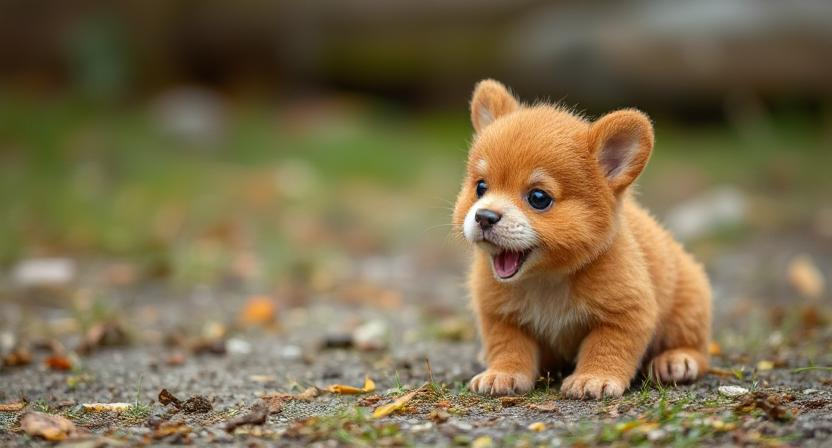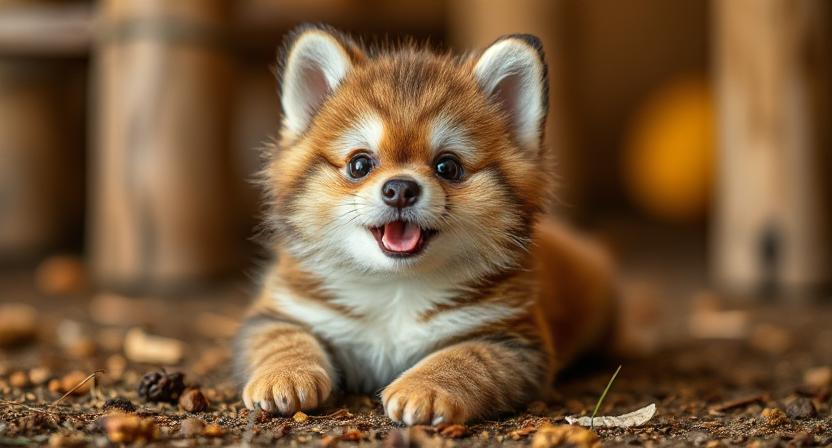Language is a beautiful way to express emotions, and pet names are a prime example. Among them, the word “Pookie” has become increasingly popular—both online and in real life. If you’ve heard someone call their partner or pet “Pookie,” you might have wondered: What does “Pookie” mean? And more importantly, how can you use it appropriately in your conversations?
Table of Contents
This blog covers everything you need to know about the term—from its meaning and cultural usage to how to integrate it into your own communication style. Whether you’re a romantic, a friend, or someone who just loves slang, let’s break down what “Pookie” really stands for.
What Does “Pookie” Mean?
“Pookie” is an affectionate nickname often used to refer to someone you love or care about deeply. It’s commonly associated with romantic partners, close friends, or even pets. The word doesn’t have a strict dictionary definition, but in most contexts, it signals:
- Warmth
- Love
- Emotional closeness
- Endearment
People often say “Pookie” the same way they might use “baby,” “sweetie,” or “honey.” It’s soft-sounding, sweet, and easy to say, making it a favorite for couples and even parents speaking to their children.
? Example: “Good morning, Pookie! Did you sleep well?”
So, “Pookie” is essentially a term of endearment—sweet, innocent, and full of love.
Origin of the Word “Pookie”
The exact origin of the word “Pookie” is unclear, but it has been used informally in American English since at least the mid-20th century. Over time, it gained popularity in pop culture, particularly through TV shows, movies, and social media.
In African-American Vernacular English (AAVE), “Pookie” has also been used as a nickname for various characters in films or urban stories. However, the tone and context in those situations may be different, often based on cultural or social meanings. We’ll touch on this alternative usage a bit later.
How to Use “Pookie” in Conversation
Using “Pookie” in your conversations is quite simple, but context is key. You wouldn’t want to call your boss “Pookie”—unless, of course, you’re dating them!
Here are a few everyday situations where using “Pookie” fits naturally:
? 1. In Romantic Relationships
“Pookie” shines best when used between lovers. It’s tender, playful, and can bring a smile to someone’s face.
Examples:
- “I miss you, Pookie. Can’t wait to see you tonight.”
- “You’re my forever Pookie.”
?❤️? 2. Among Close Friends
Some people use “Pookie” in a platonic but deeply affectionate way among friends—especially in younger crowds.
Example:
- “Aww Pookie, you didn’t have to get me coffee!”
? 3. For Pets
Pets, especially dogs and cats, often get the most creative nicknames, and “Pookie” is a common favorite.
Example:
- “Come here, Pookie! Time for your walk.”
??? 4. To Children
Parents sometimes use it for their toddlers as a gentle, cute nickname.
Example:
- “Pookie, finish your veggies and we’ll play your favorite game.”
When Not to Use “Pookie”
While the word sounds sweet, it doesn’t fit every situation. Avoid using it:
- In formal or professional environments
- With strangers or acquaintances
- When unsure of someone’s comfort level
Using affectionate nicknames can sometimes backfire if the other person feels uncomfortable or finds it too forward. Always judge the relationship dynamic first.
HBO Confirms ‘The Last of Us’ Season 3 Slated for 2027 Release
“Pookie” in Pop Culture
The nickname has made several appearances in pop culture. Perhaps the most iconic reference is from the 1991 film New Jack City, where a character named Pookie (played by Chris Rock) is a drug addict. In that context, “Pookie” has a darker tone and represents a troubled character.
In contrast, more recent social media trends have re-popularized “Pookie” in the form of memes and affectionate reels. TikTok, in particular, is filled with short videos where users call their pets, partners, or besties “Pookie” in a fun, endearing way.

? Trending Example: “When Pookie says no coffee, but you know she needs one.”
As a result, the term has re-entered everyday language with a fun, Gen-Z twist.
Other Common Terms of Endearment (Like “Pookie”)
If “Pookie” isn’t quite your style, you have many other pet names to choose from. Each carries a slightly different tone or emotional weight, but they serve the same purpose: expressing affection.
| Term of Endearment | Common Use | Emotion Conveyed |
|---|---|---|
| Babe / Baby | Romantic partners | Love, closeness |
| Honey | Couples / family | Warmth, familiarity |
| Boo | Casual dating or friends | Playfulness |
| Love / My Love | Romantic, poetic tone | Deep affection |
| Cutie / Sweetie | Friends, kids, partners | Cuteness, care |
| Snugglebug | Pets, partners | Soft, cozy feelings |
| Darling | Traditional or old-fashioned | Romantic gentleness |
Feel free to get creative—some people even make up their own words that have private meaning in their relationships.
“Pookie” as an Alternative Meaning
Apart from the affectionate use, “Pookie” can sometimes carry slang or negative connotations, depending on context.
In Urban Slang:
- It can refer to someone naive or easily fooled.
- Sometimes used as a stereotype for troubled individuals or drug addicts (as seen in New Jack City).
However, in general day-to-day usage, especially among younger people and online communities, these meanings rarely apply. Instead, “Pookie” is mostly used lightheartedly and lovingly.
✅ Tip: If you’re unsure how someone might interpret it, stick to contexts where it’s clearly affectionate.
Why People Love Using “Pookie”
So, what makes “Pookie” so appealing?
- It sounds playful and non-threatening.
- It creates a sense of emotional intimacy.
- It’s easy to say and remember.
- It feels unique, even when it’s widely used.
Words like “Pookie” help build closeness in relationships. They signal trust, warmth, and emotional bonding. When you use a pet name, you’re often saying much more than just the word—you’re conveying feelings of love, safety, and comfort.
Final Thoughts
“Pookie” is more than just a cutesy nickname—it’s a word that captures affection, warmth, and connection in one simple sound. Whether you’re calling your partner, pet, or best friend “Pookie,” you’re expressing care in a unique and memorable way.
Still, like all terms of endearment, context matters. Use it where it feels natural and welcomed. With the rise of social media and digital conversations, we’re seeing a resurgence in cute nicknames like this—helping to soften the fast pace of the online world with a touch of love.
So, next time you’re texting or talking to someone special, feel free to say, “Hey Pookie!” It might just make their day.



